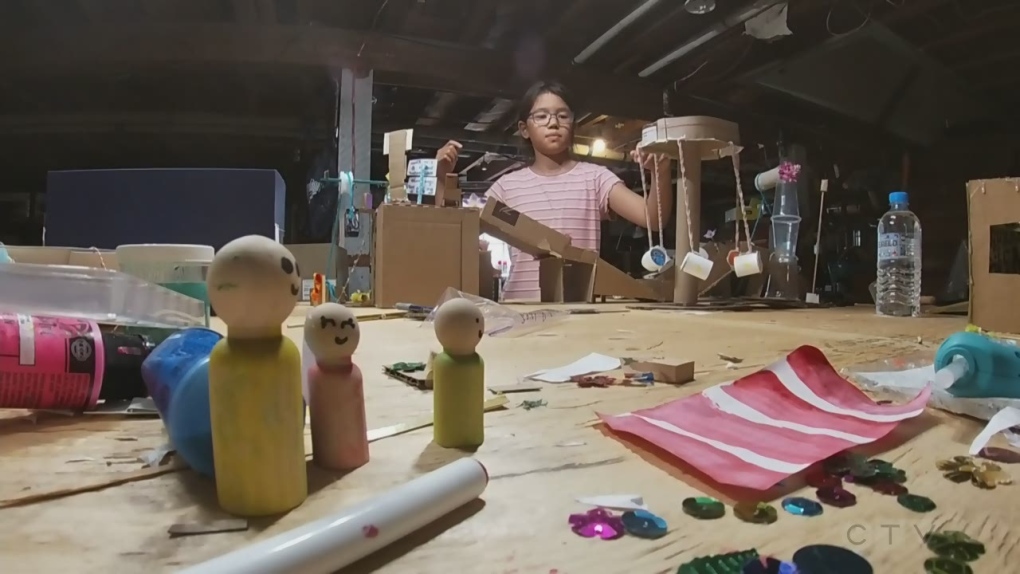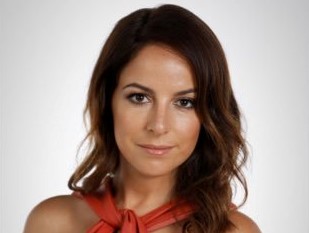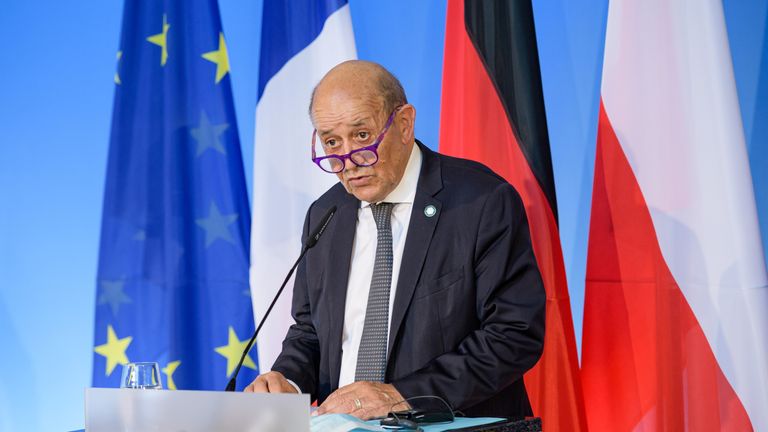
Adam Sawatsky
CTV News Vancouver Island Arts & Entertainment Host
Updated Sept. 18, 2021 4:26 p.m. MDT
NANAIMO, B.C. -
There’s always been something special about Norman.
From the moment he was born on Christmas Eve (there’s a picture of the puppy wearing a red elf hat) to the countless moments in which the now-190-pounder considers himself a lap dog, the Japanese mastiff has been winning hearts and minds.
“Wherever we go, everybody loves Norman,” his owner Jeff says. “Everybody goes, ‘Did you bring your dog?’”
Blood donor dog that has saved many canine lives now needs surgery
One of Norman’s favourite places to visit is the animal hospital.
“I wouldn’t be excited going to a clinic,” Jeff says, looking down affectionately at Norman. “But apparently he does.”
His vet Ken says — in 40 years of practice — he’s never met a dog like Norman.
“He almost seems to willingly want to give blood,” Ken says. “He jumps up on the table and doesn’t have to be sedated or anything.”
Norman is a universal blood donor – a rare trait in dogs. He has helped save the lives of 16 other dogs.
“Why wouldn’t we help?” Jeff says. “It’s the good thing to do.”
Recently, bad things started happening with Norman’s back leg.
“Seeing him in pain makes me want to cry,” Jeff says, pointing out Norman’s limp. “It’s heartbreaking.”
The vet discovered that Norman had torn a ligament in his knee that would cause increasing pain and shorten the dog’s life without specialized surgery in a bigger city.
“Unfortunately, big dog, big cost,” Ken says.
The $8,500 estimated bill has been causing sleepless nights for Ken.
“Top 10 worst things that could happen in your life, this is like one, two, or three,” Ken says.
So Ken decided to launch a GoFundMe page, hoping that the dog who helped so many might receive a little help himself.
“I thought, ‘It’s worth a try,’” Jeff says. “Every little bit helps.”
He certainly never expected that, just a day later, he’d reach his fundraising goal — let alone surpass it.
“Norman’s done a lot in the doggy community,” Jeff says appreciatively, adding that he’ll donate any surplus money to the SPCA. “Now he’s getting some payback. That’s awesome!”






















